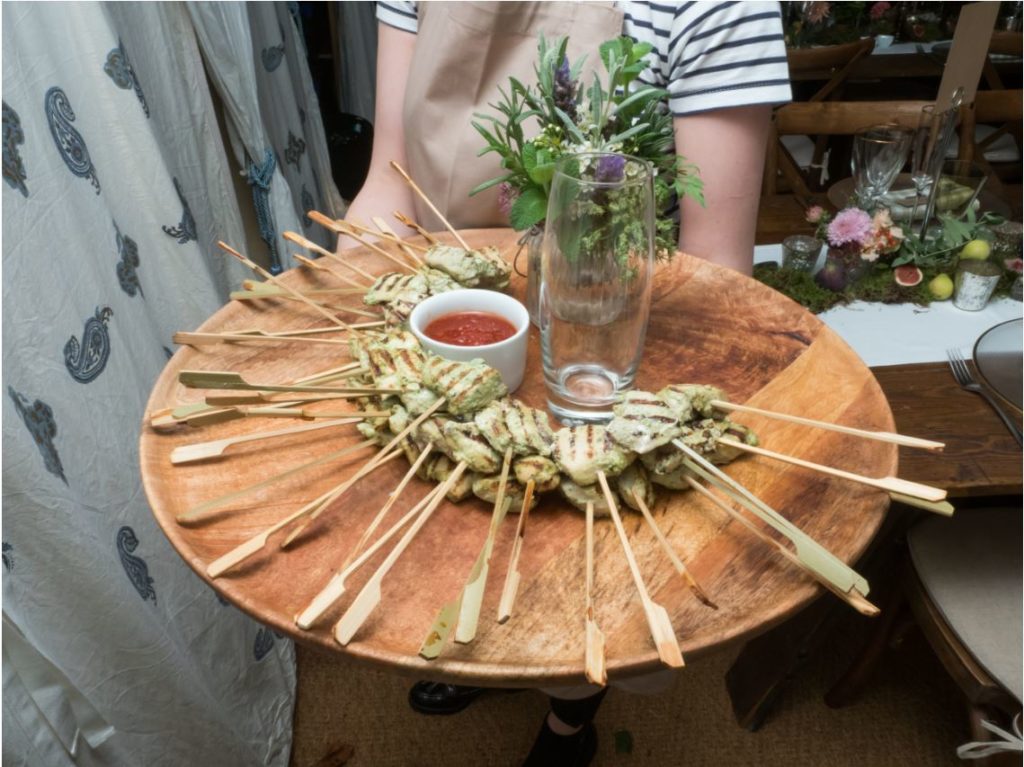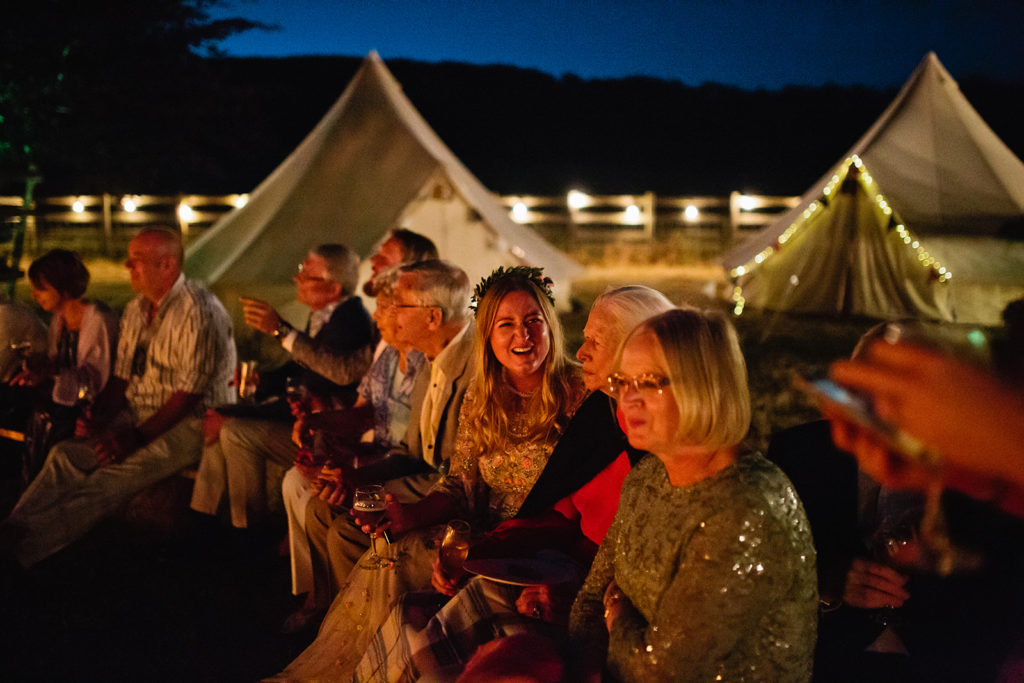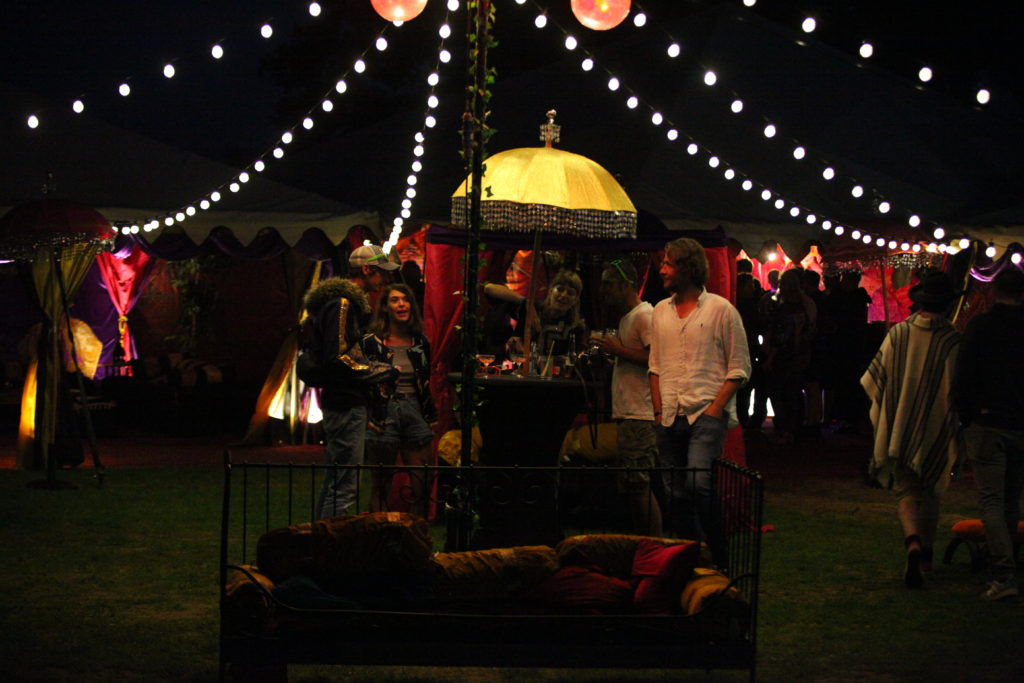The world of events is an environmental nightmare. Events are often only active for a matter of hours, generating huge amounts of unnecessary waste and carbon. There are plenty of ways you can turn this around. We have a collective responsibility to do everything we can to ease the burden on the planet - and the typical over-ordering food and single use plastic still seen at too many events needs to become a thing of the past. Planning an event? Here are the five things you should consider first, in no particular order.
Transport
Transport represents the biggest carbon footprint of the whole day. How are your guests getting to the venue? How about your performers and artists? And the bar staff, caterers, the food itself - not to mention all the décor? There are some serious carbon loads involved in transporting all the ingredients required for your event to one place and taking them away again a few hours later. Use local suppliers for everything from décor to sound equipment. Pick a venue that is close to the highest number of your guests and set up group transportation by hiring a coach. You will hugely reduce the impact with a few simple decisions.

Food
A hotly debated topic. Ideally you will find a caterer who uses local, sustainable and seasonal cuisine. Consider a fully vegetarian menu. Plant-based meals use less resources to produce and are very often cheaper. Don’t overfeed your guests. Be realistic about what you need. If possible, choose items which are easily reused or frozen. Same goes for wine. It is perfectly possible to source amazing local wine in the UK. Find producers who are environmentally conscious and if possible, purchase magnums to reduce glass recycling. Hire in wine glasses - far more elegant - and all dinner sets should be either hired, recycled or biodegradable.

Waste Plan
Where possible, hire so it can be looked after and re-used afterwards. All furniture, décor and carpeting can be hired. Coir carpet is made from sustainable sources (coconuts!) and can be washed and reused by event companies rather than recycled (or even sent to land-fill) like most event carpeting. Similarly marquee linings to avoid are 'tack off' which is another wasteful use of fabric that is stapled to battoning for one night only, and then sent to landfill afterwards. Single-use anything can and should be avoided. Hiring linens, marquee linings, dinner sets and glassware will elevate the look and feel of your event substantially. Ask your caterer for their tips on how to minimise food waste, and ask about their policy on disposing of food after your event. Consider your recycling plan for packaging, food waste and bar rubbish. Floral Angels recycle and repurpose flowers and distribute them at nursing homes and hospitals so all those beautiful blooms don’t end up in landfill.

Power
Power can represent up to 70% of an event’s ‘core’ carbon footprint (core excludes audience travel and transport). How are you powering your event? Will there be a grid connection? Do you need extra generators? Will they be required for the whole event and will they be run efficiently? There are a number of options to avoid the use of diesel generators. Biofuels are created using plants such as corn, sugar cane and sugar beet and plant by-products such as from pulp and paper or oils from inedible plants. Biodiesel is considered zero carbon as the carbon emitted when burnt has been pre-absorbed by the growth of the plant. Battery generators avoid burning fuel altogether though need to be pre-charged. Solar battery generators are available for hire.
Venue
Choosing a sustainably-minded venue can make all these decisions easier. The venue staff will be familiar with the best suppliers and methods to reduce the footprint of your event as much as possible. Sustainable venues will use digital signage rather than disposable. They will have a composting and recycling system already in place. They will ideally have filtered water onsite to eliminate the need for bottled water. Their kitchens, lighting, heating and all equipment will be energy efficient. So leave plenty of time to research your venue and ask for their sustainability plan in your initial contact with them...even if they don't have one, it will help reinforce to them how important it is to clients and help raise industry standards so in the future we can ensure the highest energy efficiency and CO2 standards are met.



